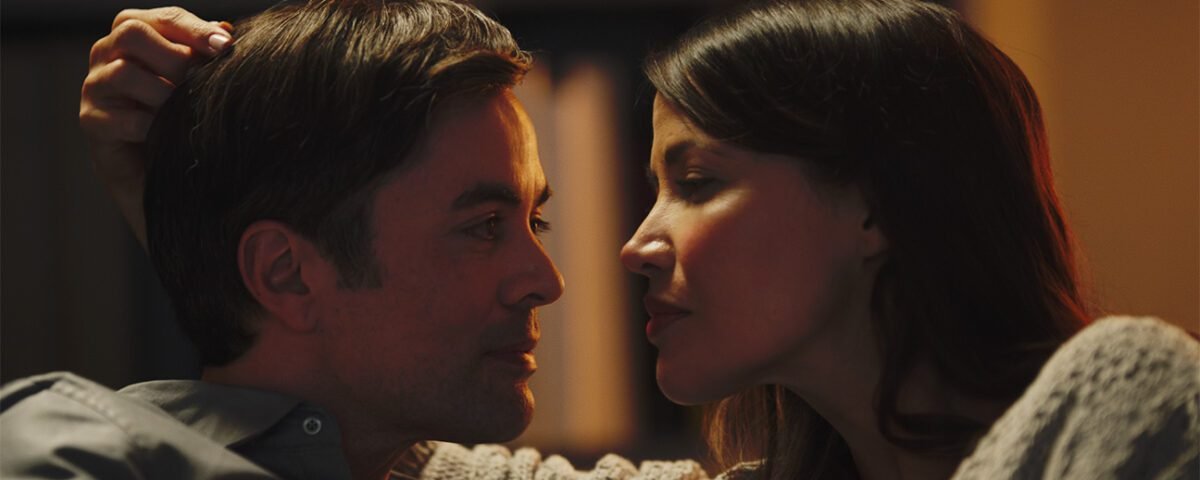


‘The Deb’ Review: Rebel Wilson’s Directorial Debut Is a Campy, Mixed-Bag Teen Musical
September 25, 2024


‘Shell’ Review: Elisabeth Moss and Kate Hudson Headline a Superficial but Serviceable Horror Comedy About Youth and Beauty
September 26, 2024Director Florian Frerichs offers a modern-day, Berlin-set take on the 1926 Arthur Schnitzler novella that on which Stanley Kubrick’s final film was base.
Traumnovelle
A cinematic dream you’ll only half remember.
It takes, to use a precise technical term, chutzpah, for a filmmaker to adapt the same source material as Stanley Kubrick. Yet that’s exactly what director Florian Frerichs (The Last Supper) has done with Traumnovelle, his film based on Arthur Schnitzler’s classic 1926 novella that also inspired Kubrick’s final film, 1999’s Eyes Wide Shut. Frerichs offers a cinematic take on the story that’s more faithful than Kubrick’s, and also more erotic. (Kubrick, for all his brilliance, tended toward chilliness in his work, even when dealing with racy themes). Nonetheless, it’s hard to avoid making comparisons, which inevitably color your opinion of this film receiving its world premiere at the Oldenburg Film Festival.
But the experience does lead them to talk about sexual desires and fantasies, with Amelia confessing to having become infatuated from afar with a handsome Danish naval officer while they were recently on vacation. This prompts an outraged and hurt Jacob to head out into the night, where he experiences a series of bizarre, sexually tinged encounters — the most notable of which are visits to a bordello after meeting a beautiful young woman (Nora Islei) on the street and a private sex party in which all the participants are required to wear masks.
The director, working from a screenplay co-written with Martina van Delay, takes some big stylistic swings, such as having Jacob suddenly break the fourth wall and address viewers directly fairly late in the proceedings. He also employs colorful animation, some of it rotoscoped, during a dream sequence that’s visually striking but feels incongruous with what’s preceded it. It also feels strange that the dialogue is in English, with only occasional snippets of German thrown in, like an old World War II movie.
Traumnovelle is certainly absorbing, thanks to the fascinatingly lurid nature of its source material, but it too often feels redolent of the sort of soft-core erotica that used to pop up regularly on late-night cable, such as Red Shoe Diaries. (At the film’s conclusion, you half expect some thoughtful rumination by David Duchovny. Instead, we get a quote from Sigmund Freud.)
Kinski, who’s onscreen for virtually every minute, is a compellingly offbeat screen presence, more convincing in his journey down the sexual rabbit hole than Tom Cruise ever managed to be. His performance is one of the stronger elements in a film that never quite lives up to its considerable ambitions.





